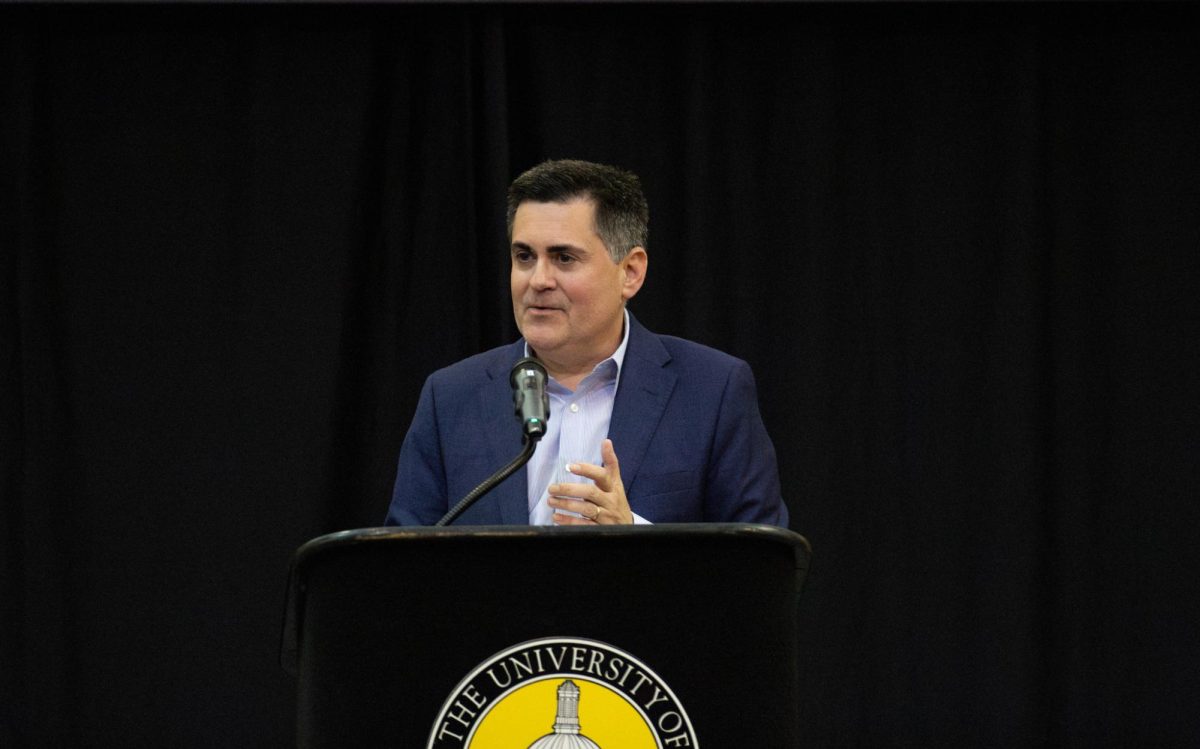Three terrorist leaders have been targeted overseas by secret U.S. military operations within the span of a month, but the consequences of these missions may reach further than most of us realize, especially when unmanned drones are involved.
According to The New York Times and The Washington Post, one operation took place the morning of Oct. 5, in the Libyan capital of Tripoli. U.S. Army Delta Force took Abu Anas al Libi, an al-Qaida operative suspected of orchestrating the 1998 embassy bombings, directly from his car.
The same weekend, The White House officials announced that SEAL Team Six, the same Navy special forces squad that killed Osama bin Laden, had attempted to capture Al-Shabaab leader Ikrima. Ikrima was wanted for involvement in the Kenyan mall attack. He escaped that operation.
Using special forces to target specific leaders and high-profile members of terrorist organizations is nothing new. Osama Bin Laden was killed in Pakistan in the same way in 2011.
Joseph Weinberg, an assistant professor of political science, international development, and international affairs at The University of Southern Mississippi, isn’t concerned about the consequences of these operations. “None of those… countries are particularly…. what’s the word I am looking for… concerning to the United States,” Weinberg said.
However, a recent operation in Pakistan is causing more international outrage than either of the manned operations conducted in Africa.
A missile fired from an unmanned U.S. drone killed Hakimullah Mehsud, the leader of the Pakistani Taliban, Friday. He was far from popular in Pakistan, but already the incident has caused significant blowback from the Pakistani government. “We have ‘targets of opportunity’ in our larger war on terror and when those opportunities come up, we take them,” Weinberg said.
“The larger issues, of course, are about our use of drones more generally, our targeting of individuals in countries that are not our enemies (yet), and our ever deteriorating relationships with old middle eastern friends–particularly Egypt and Pakistan.” One northwestern Pakistani province has announced that they will no longer allow NATO supplies to pass through its territory on the way to Afghanistan.
The move has drawn significant domestic criticism as well. “We’re not even risking our own people and we’re taking out whoever, whenever,” said Erin Curley, a senior graphic design major. She added, “To me this should be seen closer to chemical warfare than just your usual guerrilla tactic. The technology is really f*****g scary, especially when the rest of the world gets their own drones.”
One Marine Corps infantryman, who spoke on condition of anonymity, disagrees. He said he found no problem with “anything to minimize the amount [of] casualties taken by boots on the ground…the consequences, in my mind, don’t outweigh the benefits.”
What are those consequences? “The ‘hearts and minds’ mission gets blown out of the water,” he said. “You can’t change a part of the world that has resisted rational change for countless centuries.”
Does this mean that Americans are more eager to support missions that put our military personnel in harm’s way?
“When we use drones to police the world, who decides who the targets and enemies are?” said Cody Bryant, a recent psychology graduate from USM. “It’s a technology that can easily give someone too much power… if you take humans out of war, doesn’t it get easier to kill?”
“Navy SEALs are arguably a better tool for such operations because they can usually avoid the collateral damage that a missile strike can cause, but there is also the opportunity to lose a life of ours, which tends to trump any other interests,” Weinberg added.
“I don’t think drones are going to be used for all-out strikes that often,” the Marine said, citing the benefits of capturing targets alive.
Whether drones become the norm for overseas military strikes or not remains to be seen, but it can be certain that no U.S. military drone action can be conducted with impunity. For many Americans, the ends do not justify the means.




























